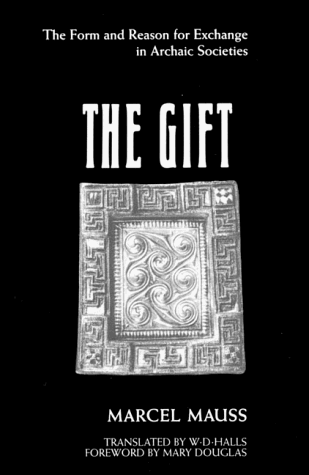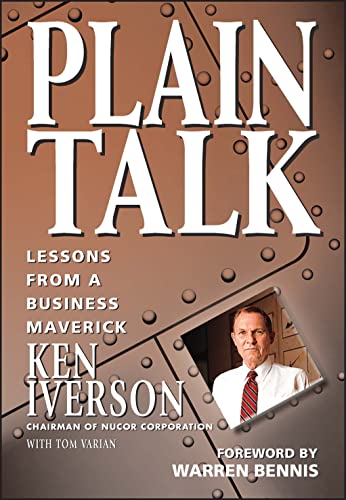Books I checked out from the Seattle Public Library in 2002
Explore the complete list of books checked out from the Seattle Public Library in 2002. Discover popular reads, hidden gems, and nostalgic titles from that year.
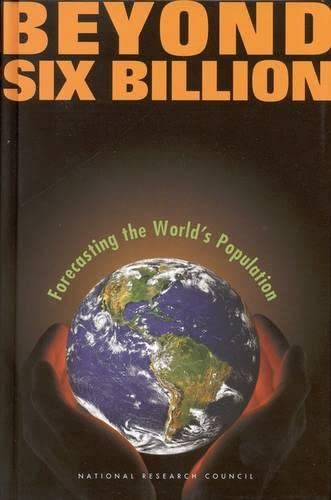
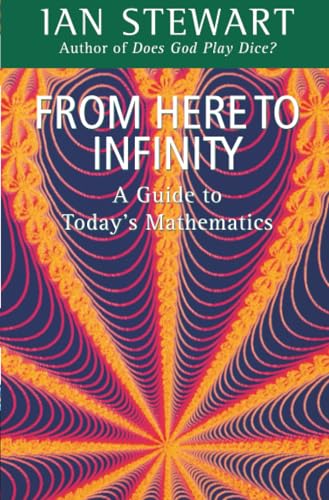
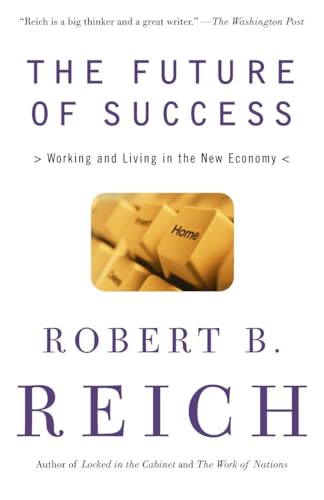
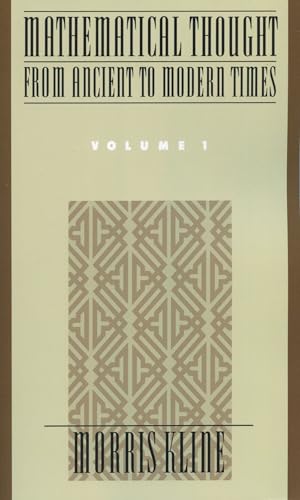
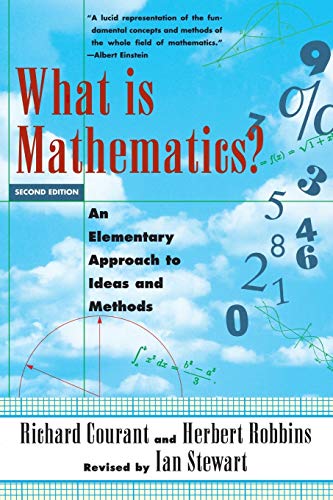

Book
Islam
by Karen Armstrong
No religion in the modern world is as feared and misunderstood as Islam. It haunts the popular imagination as an extreme faith that promotes terrorism, authoritarian government, female oppression, and civil war. In a vital revision of this narrow view of Islam and a distillation of years of thinking and writing about the subject, Karen Armstrong’s short history demonstrates that the world’s fastest-growing faith is a much more complex phenomenon than its modern fundamentalist strain might suggest.
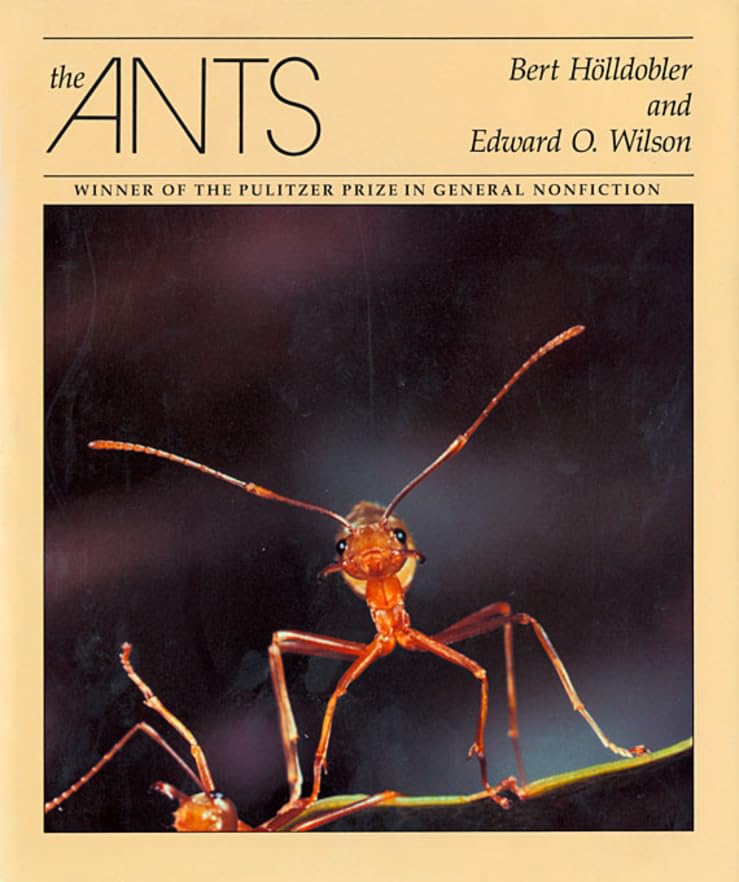
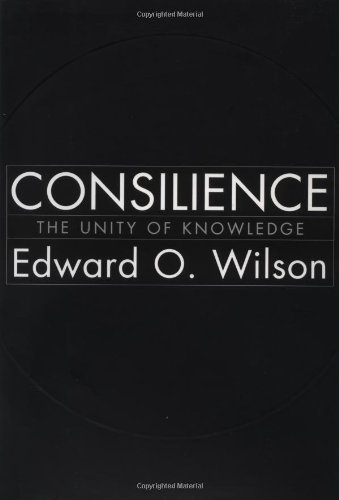
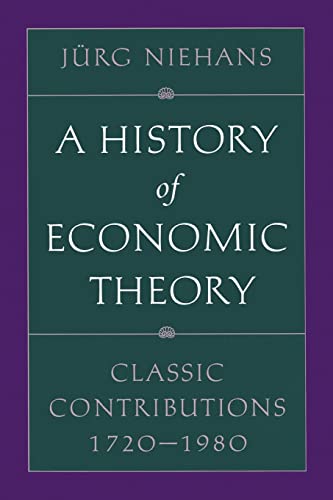

Book
The Writer's Journey
by Christopher Vogler
Shows how writers can use mythic structure to give coherence and weight to both narrative fiction and nonfiction.
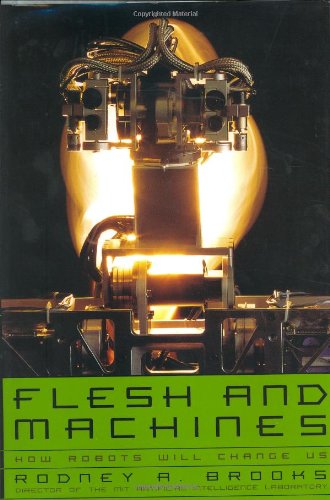



Book
Stupid White Men
by Michael Moore
Sorry excuses for the state of the nation. United States. Manifesto on malfeasance and mediocrity. Satire.
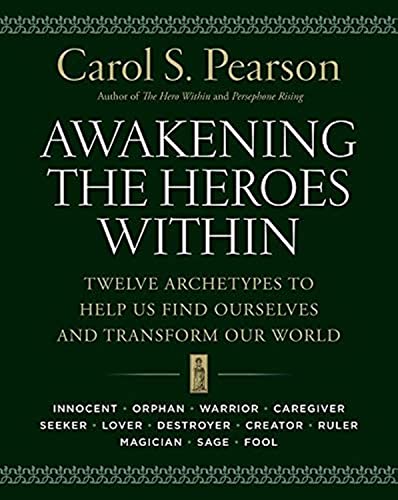

Book
Story
by Robert McKee
Robert McKee's screenwriting workshops have earned him an international reputation for inspiring novices, refining works in progress and putting major screenwriting careers back on track. Quincy Jones, Diane Keaton, Gloria Steinem, Julia Roberts, John Cleese and David Bowie are just a few of his celebrity alumni. Writers, producers, development executives and agents all flock to his lecture series, praising it as a mesmerizing and intense learning experience. In Story, McKee expands on the concepts he teaches in his $450 seminars (considered a must by industry insiders), providing readers with the most comprehensive, integrated explanation of the craft of writing for the screen. No one better understands how all the elements of a screenplay fit together, and no one is better qualified to explain the "magic" of story construction and the relationship between structure and character than Robert McKee.
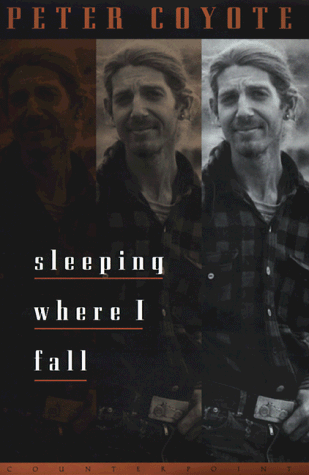

Book
Six Days of War
by Michael B. Oren
In 1967 the future of the state of Israel was far from certain. But with its swift and stunning military victory against an Arab coalition led by Egypt in the Six Day War, Israel not only preserved its existence but redrew the map of the region, with fateful consequences. The Camp David Accords, the assassinations of Anwar Sadat and Yitzhak Rabin, the intifada, and the current troubled peace negotiations--all of these trace their origins to the Six Day War.Michael Oren's Six Days of War is a gripping account of one of the most dramatic and important episodes in the history of the Middle East. With exhaustive research in primary sources--including Soviet, Jordanian, and Syrian files not previously available--he has reconstructed the tension-filled background and the dramatic military events of the conflict, drawing the threads together in a riveting narrative, enlivened by crisp characters sketches of major characters (many of whom, from Ariel Sharon to Yasser Arafat, are still leading figures today). Most important, Oren has unearthed some dramatic new findings. He has discovered that a top-secret Egyptian plan to invade Israel and wipe out its army and nuclear reactor came within hours of implementation. He also reveals how the superpowers narrowly avoided a nuclear showdown over the Eastern Mediterranean and how a military coup in Israel almost occurred on the eve of the war.

Book
Good to Great
by Jim Collins
The Challenge Built to Last, the defining management study of the nineties, showed how great companies triumph over time and how long-term sustained performance can be engineered into the DNA of an enterprise from the verybeginning. But what about the company that is not born with great DNA? How can good companies, mediocre companies, even bad companies achieve enduring greatness? The Study For years, this question preyed on the mind of Jim Collins. Are there companies that defy gravity and convert long-term mediocrity or worse into long-term superiority? And if so, what are the universal distinguishing characteristics that cause a company to go from good to great? The Standards Using tough benchmarks, Collins and his research team identified a set of elite companies that made the leap to great results and sustained those results for at least fifteen years. How great? After the leap, the good-to-great companies generated cumulative stock returns that beat the general stock market by an average of seven times in fifteen years, better than twice the results delivered by a composite index of the world's greatest companies, including Coca-Cola, Intel, General Electric, and Merck. The Comparisons The research team contrasted the good-to-great companies with a carefully selected set of comparison companies that failed to make the leap from good to great. What was different? Why did one set of companies become truly great performers while the other set remained only good? Over five years, the team analyzed the histories of all twenty-eight companies in the study. After sifting through mountains of data and thousands of pages of interviews, Collins and his crew discovered the key determinants of greatness -- why some companies make the leap and others don't. The Findings The findings of the Good to Great study will surprise many readers and shed light on virtually every area of management strategy and practice. The findings include: Level 5 Leaders: The research team was shocked to discover the type of leadership required to achieve greatness. The Hedgehog Concept (Simplicity within the Three Circles): To go from good to great requires transcending the curse of competence. A Culture of Discipline: When you combine a culture of discipline with an ethic of entrepreneurship, you get the magical alchemy of great results. Technology Accelerators: Good-to-great companies think differently about the role of technology. The Flywheel and the Doom Loop: Those who launch radical change programs and wrenching restructurings will almost certainly fail to make the leap. “Some of the key concepts discerned in the study,” comments Jim Collins, "fly in the face of our modern business culture and will, quite frankly, upset some people.” Perhaps, but who can afford to ignore these findings?
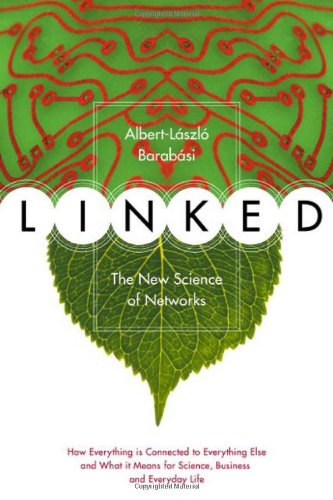

Book
How Not to Write a Screenplay
by Denny Martin Flinn
All good screenplays are unique, but all bad screenplays are the same. Flinn's book will teach the reader how to avoid the pitfalls of bad screenwriting and arrive at one's own destination intact.
